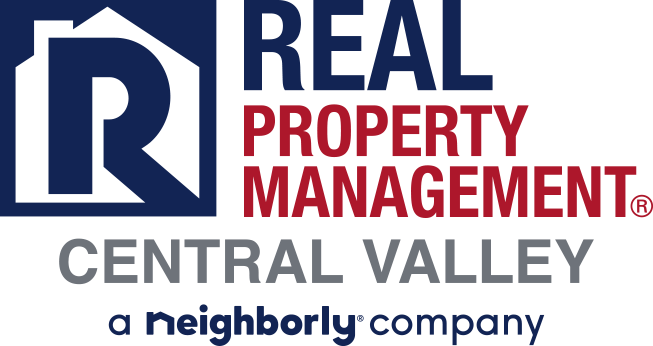Common questions asked by prospective tenants

Is your Central Valley rental property coming up for rent? If so, in the world of property management there are always common questions that you can expect most prospective tenants to ask and those questions include the following:
1. How much are rent and deposits, and how do I pay rent?
Prospects occasionally see outdated listings with old price points. Make sure you know current amounts for rent and deposits when you engage with prospects. You must also keep a standardized policy for the way your property handles those who bring in expired pricing offers. For compliance purposes, stick to this policy for all prospects.
It’s also important to clarify how tenants can pay rent. An online rent payment system is of tremendous value to tenants, as it allows them to pay by credit card, electronic check, ACH and more at no cost to your company. Offering a range of payment options helps to reduce late rent payments.
If you charge a non-refundable deposit (assuming it’s legal in your state), make it clear in the lease. Though the tenant is responsible for reading the lease thoroughly, consider emphasizing this fact before they sign.
You should also anticipate encountering prospects who will try to bargain or haggle. They might hope for a slightly discounted rent – say $100 per month – after hearing the average utility costs. Rather than getting caught off guard, consider beforehand if you’re willing to drop rent on the unit. Think of other contingencies as well, such as accepting a somewhat lower rent if they’ll sign a longer lease, which leads to…
2. Will you accept a shorter lease, or can we pay less if we’ll sign a longer lease than you’re asking for?
Property managers commonly want a minimum of a one-year lease, but what happens when a four-month vacancy has a prospect inquiring about a six-month lease? Decide the terms you will accept in advance and keep them consistent. Ideally, your community should develop a specific policy and hold to it. You should also have some idea as to whether you’ll drop the rent if the prospect signs a lease longer than your minimum requirement or, alternatively, guarantee the rate will not rise.
3. Do you allow pets? How about exotic pets?
You likely have a firm policy, as well as related deposits and pet rents, concerning dogs and cats. However, people keep everything from lizards to ferrets to sugar gliders (yes that is the name of a real animal). Develop a consistent and comprehensive approach to exotic pets for prospective tenants who ask about them. Keep in mind that while some can damage properties, others are fairly innocuous and unlikely to leave any lasting record of their stay. If you do allow cats, dogs or other animals you feel might compromise the property, clearly spell out the consequences of any damage (from charges to eviction notices) in the lease.
4. What’s your tenant screening process?
Some people will seek more information regarding your screening process. If you use tenant screening, you can familiarize yourself with the criteria and databases the company uses.
People familiar with credit checks may also ask if your community performs a hard or soft inquiry given that hard inquiries have an impact on credit scores.
To avoid Fair Housing problems, always clarify that you use an objective screening system based purely on numbers. Never make decisions based on race, religion or other controversial factors. Working with a screening service that uses objective methods will also help ensure compliance.
Get Property Management Here
For affordable and reliable property management contact RPM Central Valley by calling us at (209) 572-2222 or click here to connect with us online.
